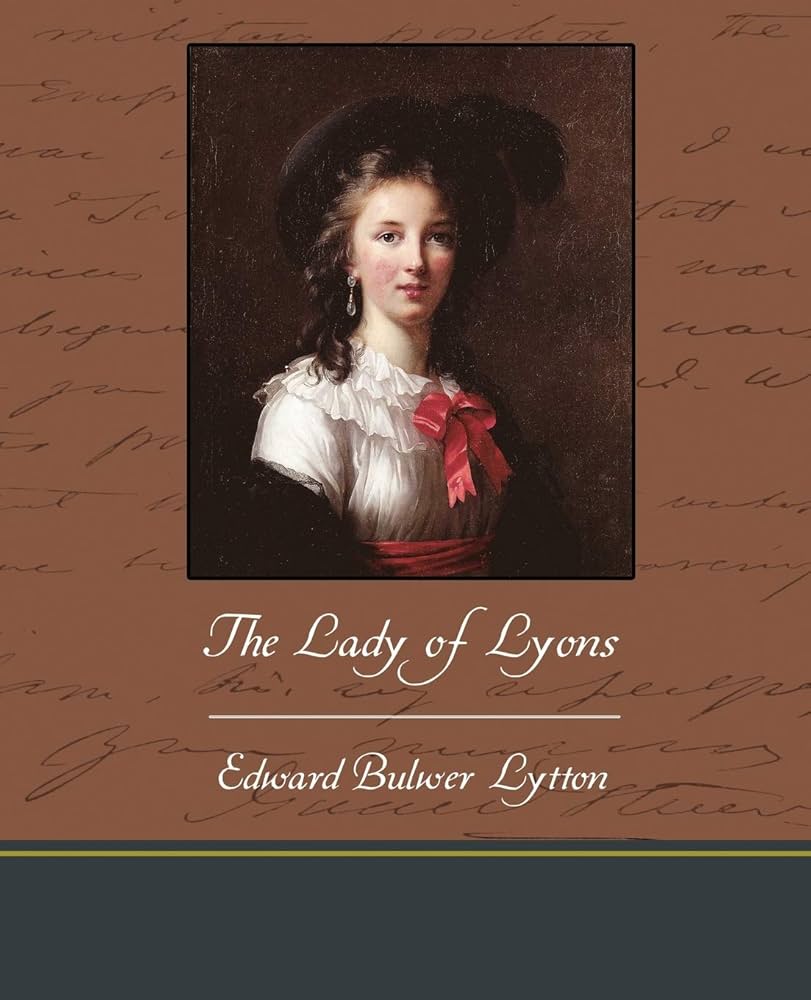Scene II — The Lady of Lyons
byScene II of The Lady of Lyons reveals a turning point where emotions are no longer restrained by social expectations, but instead, rush forward with urgent clarity. Pauline, caught between love and obligation, prepares to sacrifice her happiness to preserve her family’s dignity. Though surrounded by opulence and outward reassurance, she cannot ignore the emptiness that shadows her decision. Her marriage to Beauseant, arranged to rescue her father from disgrace, feels less like a noble act and more like a silent surrender. Every expression of comfort from her mother only deepens her sorrow, as Pauline sees through the gilded lie of wealth as a substitute for affection. Her heart mourns not just the loss of Melnotte, but the betrayal of her ideals, now traded for societal survival.
As the ceremony looms, the atmosphere thickens with conflicting emotions—guilt, hope, and confusion. The presence of Colonel Morier adds tension, an unspoken familiarity vibrating between him and Pauline. Though she doesn’t recognize Melnotte beneath the uniform, the aura of something sacred and unbroken draws her in. Morier’s gaze doesn’t carry arrogance but rather a quiet pain—echoes of a past entwined with hers. His arrival disrupts what was assumed to be inevitable, suggesting an unseen hand at play. Mme. Deschapelles remains oblivious, buoyed by her belief in status and fortune, while Pauline begins to feel the tremors of fate shifting. There’s an undercurrent that something greater than duty is now present—perhaps destiny itself.
The revelation comes not with force, but with deliberate sincerity as Melnotte unveils his true identity. No longer cloaked in shame or longing, he confronts Pauline with raw truth. His transformation—military honor worn proudly, dignity restored—reframes their love not as folly, but as strength. Pauline, startled, must reevaluate all she believed lost. The man she once rejected returns not to blame, but to liberate. In doing so, Melnotte shifts the narrative from one of forced compliance to courageous defiance. The social order, once an oppressive barrier, is now rendered powerless by the depth of human emotion and resilience.
This scene does more than resolve a romantic plot—it deconstructs the illusions of class and reputation. Pauline’s decision to walk away from Beauseant despite all appearances is not merely romantic—it’s revolutionary. She dares to reject an institution built on convenience and control, choosing instead a future where affection and virtue align. Melnotte’s courage to reclaim his worth echoes a broader message: that identity is not fixed by birth, but sculpted through will and sacrifice. Together, they become symbols of love’s refusal to be dictated by rank or riches. Their reunion isn’t simply personal—it’s symbolic of a new order rooted in authenticity.
For readers, this scene resonates as a reminder of how real love can redeem even the deepest wounds. Melnotte’s evolution—from gardener to officer, from scorned suitor to respected hero—illustrates how adversity, when faced with integrity, can fuel transformation. Pauline’s willingness to acknowledge her mistakes and embrace vulnerability reflects a maturity earned through suffering. The reconciliation is not instant forgiveness, but an acknowledgment of growth. It’s a moment that teaches us how love, when met with humility and bravery, can endure even the fiercest trials. In the end, what binds them is not fantasy, but mutual understanding and resilience.
Beyond the theatrical romance lies a subtle critique of societal values. Beauseant represents everything the world values—wealth, lineage, and control—yet his presence feels hollow. Melnotte, though once dismissed as inferior, becomes the true noble not by title but by deed. Pauline, torn from illusion, recognizes that authenticity requires letting go of pride. In doing so, she becomes more than a tragic heroine—she becomes a woman reborn by her own choices. The marriage she once feared becomes irrelevant, overshadowed by a deeper bond forged not by wealth, but by truth. What was once an obligation becomes liberation through love’s honest return.
Thus, Scene II delivers a powerful message about identity, redemption, and the courage to defy what is expected in favor of what is right. Melnotte’s journey reflects the resilience required to reclaim dignity when it has been stripped by circumstance. Pauline’s arc mirrors the inner revolution many face when forced to choose between comfort and conviction. These characters do not merely fall in love again—they rise to meet each other as equals, forged by experience and tempered by loss. This transformation captures what readers yearn to believe: that genuine love, when tested, can heal, restore, and ultimately triumph.

